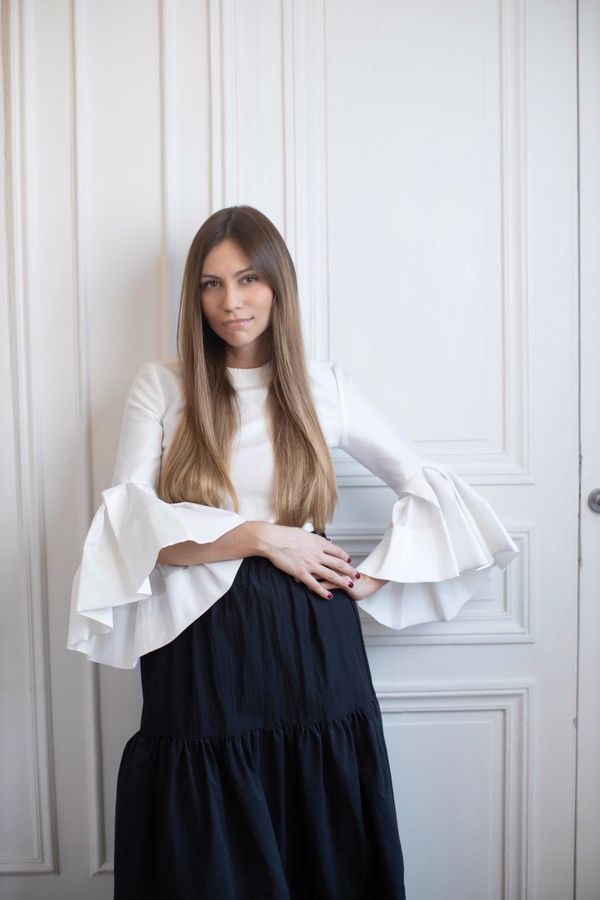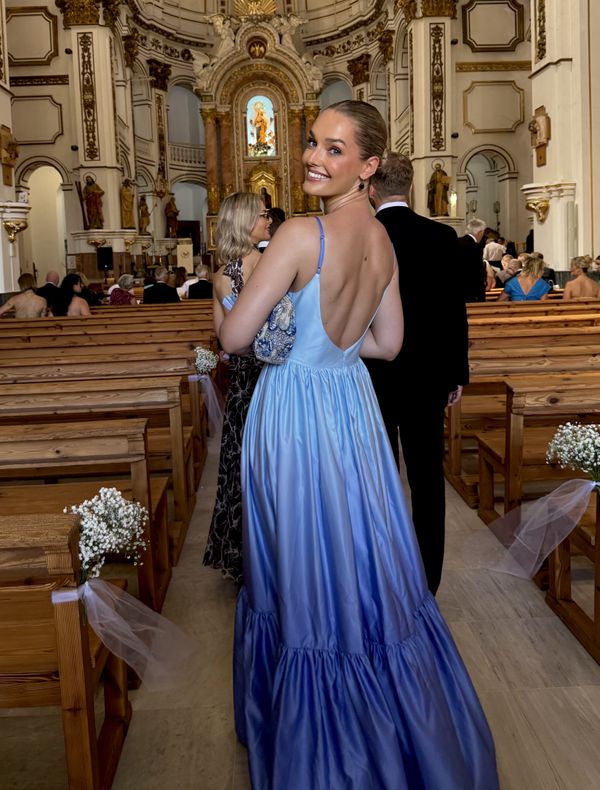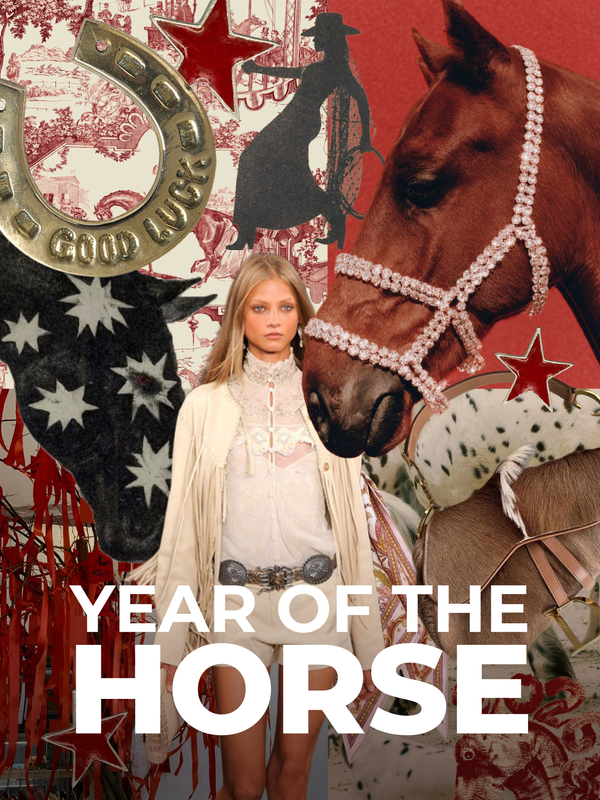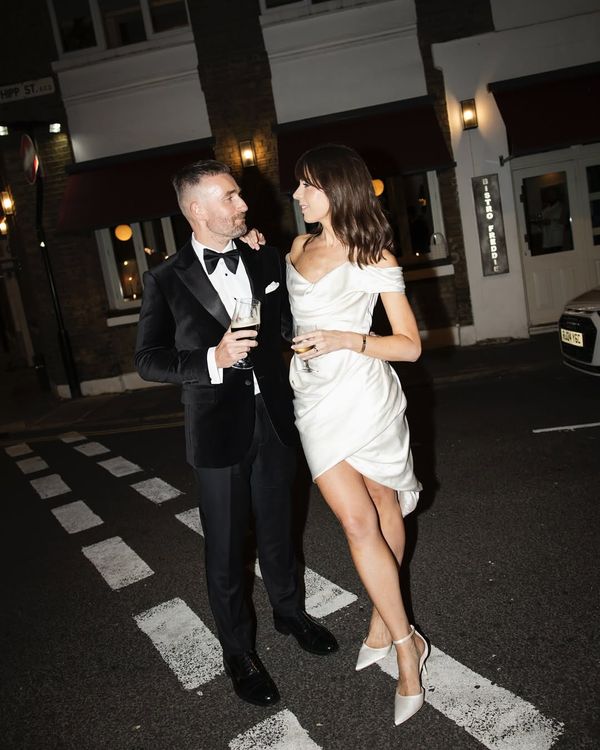Anabel Maldonado is a Canadian, London-based fashion journalist, entrepreneur, and pioneer within the emerging field of fashion psychology via her startup Psykhe. We spoke to Anabel about the relationship between fashion preferences and personality traits, and how AI and machine learning can use psychological data to create a next-generation fashion recommendation engine.
Talk us through your background and career journey.
Anabel grew up in Toronto and has always been interested in both fashion and human behaviour. After studying psychology at university, she spent a year working for the NHS with children with autism but decided to pursue her love for fashion instead. She worked in fashion journalism, communication and editorial for 11 years and now has founded PSYKHE, bringing her two passions together.
How did you come up with the idea for PSYKHE?
"Working in fashion, I was a bit disillusioned." Fashion involves deeply emotional purchases - it is clear in how we react and how much they inspire us. But she explained nobody was questioning 'why' - what is that gut feeling we have and why do we have individual differences. So she created her platform to revolutionise our perception of fashion based on the building blocks of our personalities.
How did you decide which factors of our personality have the greatest effect on our personal style?
They are the pillars of our personality, they explain our interests in art, music etc. Openness (your disposition towards jumping on trends), conscientiousness, extraversion/introversion, agreeableness (how important it is to get along with others) and neuroticism.
Do you find that most people are dressing for themselves or others?
"We dress for ourselves more than we realise, even within a category we are individual" - for example, when we prefer a specific colour or style - something within us that responds to that difference. "Clothes trigger feelings in us and so if it's something we genuinely don't like, then we won't wear it."
Do you believe by understanding the way we dress/shop, we can decrease our fashion waste?
"One of our mantra's at PSYKHE is 'self knowledge is the antidote to overconsumption." She doesn't believe in capsule wardrobes as they lean away from our need for individuality. But she explains that in knowing yourself more, you're much more sure of what you buy into, which helps to decrease unnecessary purchases overall.
How has the pandemic affected how people dress?
We are realising why it matters how you dress yourself - people are starting to tune in a bit more on how their outfit affects their mood.
How has your business progressed through the pandemic?
PSYKHE will be officially launching in the Spring! By signing up you will have your own personalised feed of fashion suggestions and can even decline those that you don't like. They have been focusing on the build for the past year and taking the time to know their audience.
How would you describe your personal style?
"Steadfast - elegant, a neutral palette but nothing too basic - I love a puff sleeve!"
If you could rent anyone's wardrobe - dead, alive or fiction, whose would it be?
Giovanna Englebert






